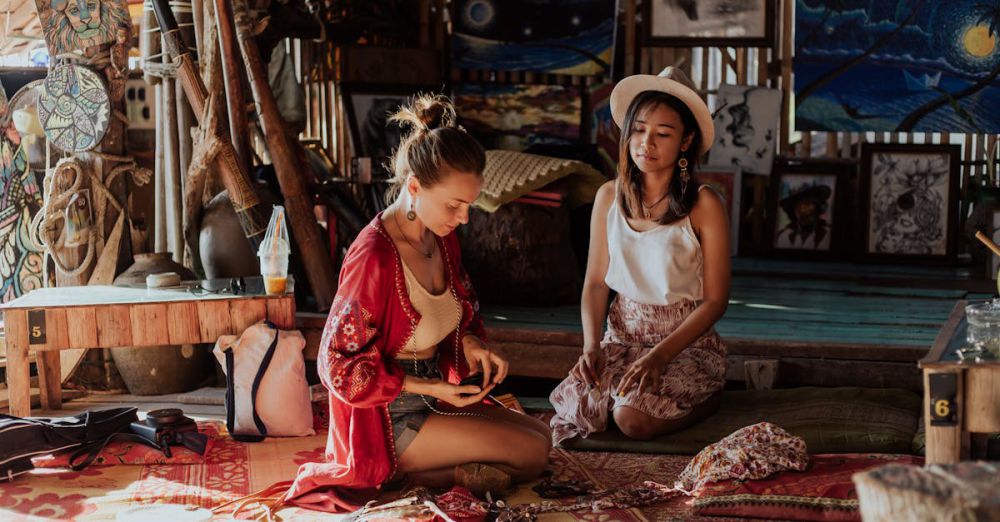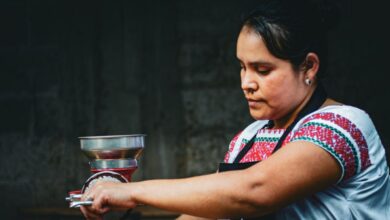What Are the Best Indigenous Experiences for Cultural Immersion
Exploring Indigenous cultures offers a profound opportunity to engage with unique worldviews, traditions, and histories. Travelers seeking authentic experiences can find a wealth of enriching opportunities that foster understanding and appreciation of Indigenous ways of life. From immersive workshops to guided tours led by Indigenous community members, these experiences provide insights into the spiritual and practical aspects of diverse cultures. Here are some of the best indigenous experiences for true cultural immersion.
Cultural Workshops and Arts
Participating in cultural workshops is one of the most engaging ways to learn about Indigenous traditions. Many communities offer art classes that delve into traditional crafts such as pottery, weaving, and beadwork. For instance, in the Southwest United States, Navajo weaving workshops allow visitors to learn from master weavers who share their techniques and stories. Similarly, in Canada, Inuit art workshops provide opportunities for travelers to create their own art pieces while understanding the cultural significance behind them.
Cooking classes featuring Indigenous cuisine are also becoming popular. These classes not only teach participants how to prepare traditional dishes but also share the stories behind the ingredients and cooking methods. By engaging in these culinary arts, travelers taste the rich history of Indigenous peoples while supporting local artisans and chefs.
Guided Nature Walks and Storytelling
Nature holds a sacred place in many Indigenous cultures, and guided nature walks reveal the deep connection between land and identity. These experiences often include storytelling sessions where Indigenous guides recount historical events, creation stories, and traditional ecological knowledge. For example, the Koyukon people in Alaska offer guided tours that explore the boreal forests, teaching participants about local flora and fauna while sharing the significance of these elements in their culture.
In New Zealand, Māori guides lead visitors through lush landscapes, emphasizing the importance of land, water, and sky. They explain the concept of “whakapapa,” or genealogy, highlighting how everything in nature is interconnected. This immersive experience fosters a deeper respect for the environment and the wisdom carried by Indigenous communities.
Cultural Festivals and Celebrations
Attending Indigenous festivals provides a dynamic and festive atmosphere for cultural immersion. These events often showcase traditional music, dance, food, and art, allowing visitors to celebrate alongside Indigenous peoples. For example, the Gathering of Nations in Albuquerque, New Mexico, is one of the largest powwows in the United States. It features vibrant performances, dance competitions, and an array of crafts and foods reflective of various tribes.
In Australia, the Barunga Festival celebrates Aboriginal culture through music, sports, and art. Engaging with community members during these festivals promotes connections and a greater understanding of contemporary Indigenous life and traditions. Visitors leave with a newfound appreciation for the resilience and vibrancy of Indigenous communities.
Heritage Tours and Historical Sites
Exploring historical landmarks and heritage sites offers insights into the struggles and triumphs of Indigenous peoples. Guided tours led by Indigenous historians or cultural representatives provide a nuanced understanding of history that often contrasts with mainstream narratives. In the United States, sites like the National Museum of the American Indian in Washington, D.C., offer programs that highlight Indigenous perspectives on history and culture.
In Australia, visiting the sites of significant events, such as the 1967 Referendum or the Mabo case, encourages reflection on the ongoing journey toward reconciliation. Engaging with Indigenous voices in these contexts fosters a deeper appreciation of their heritage and the complexities of their histories.
Sharing Knowledge and Building Relationships
Engaging with Indigenous communities is about fostering mutual respect and understanding. Visitors should approach experiences with openness and a willingness to learn. Building relationships with Indigenous peoples can lead to transformative experiences that challenge preconceived notions and promote cultural exchange.
Participating in community-led initiatives, volunteering, or supporting Indigenous-owned businesses can further enrich this connection. By investing time and effort into understanding Indigenous cultures, travelers can contribute positively to the communities they visit.
Embracing Indigenous Wisdom
Engaging in Indigenous experiences is more than just a travel trend; it is an opportunity to embrace the wisdom and resilience of Indigenous cultures. Each interaction and experience enriches our understanding of humanity’s shared history and the diverse ways of life that exist today. By immersing ourselves in these cultures, we not only honor their traditions but also learn valuable lessons about sustainability, community, and connectedness that can resonate in our own lives.







